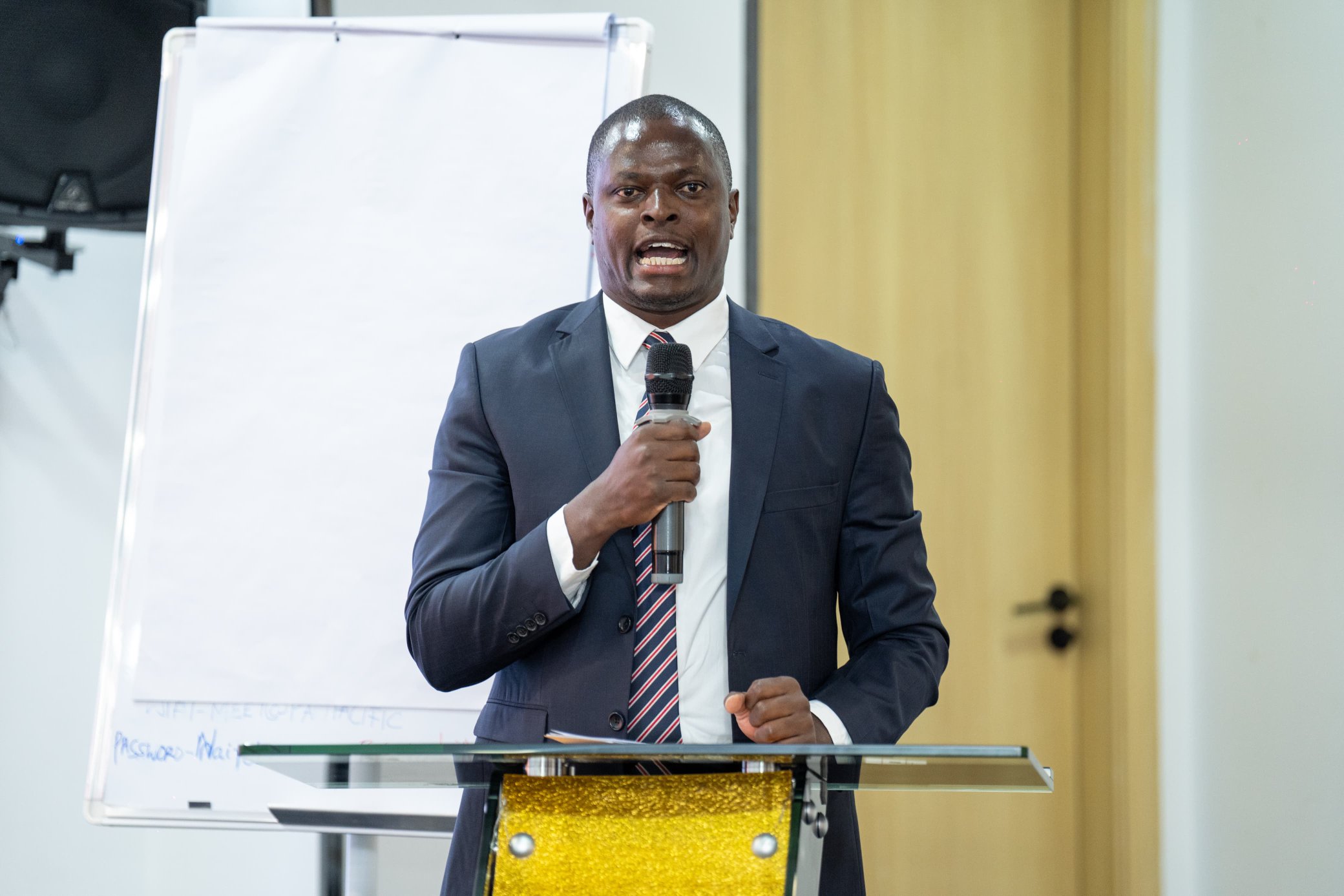
Fuel prices remain unchanged - Epra
The prices will remain in force from May 15, 2025 to June 14, 2025.
He argued that the country’s high costs are largely due to “exorbitant levies and taxes,” not global market forces.
In Summary

Audio By Vocalize

Kiharu MP Ndindi Nyoro has sharply criticised senior
government officials over what he termed as a “fuel levy scandal” that is
burdening Kenyans with hidden public debt and inflated fuel prices.
Nyoro criticised Cabinet Secretaries for Energy, Transport,
and the National Treasury for offering conflicting explanations regarding the
high cost of fuel in the country, which currently stands at Sh186 per litre.
“I've noticed that there were conflicting responses from the
chair of Energy and Petroleum Regulatory Authority (EPRA) and his CEO. Even the
responses that ministers gave, I wish they had communicated in the
morning, so that even if they are responding, and even if they are not telling
the truth, at least to align and give one side of the story,” he said.
Nyoro pointed out that neighbouring countries, including
Tanzania, Uganda, Ethiopia and Rwanda, have significantly lower fuel prices.
He argued that the country’s high costs are primarily due to
“exorbitant levies and taxes,” not global market forces.
A key focus of Nyoro’s criticism was the Sh7 fuel levy
introduced in 2024, which he said was used as collateral for a domestic loan of
Sh175 billion.
He said this is a figure that Kenyans will be repaying for
the next seven years. The repayment, he claimed, will ultimately cost taxpayers
an additional Sh100 billion in interest.
“The government inserted Sh7 into fuel prices last year.
That money was used to secure a loan of Sh175 billion. Now, Kenyans will repay over
Sh275 billion in total. Is it worth it?” he asked.
Nyoro accused the Treasury of failing to disclose the full
details of the debt arrangement and questioned why the loan has not been
included in official national debt registers.
“Why is this money not being treated as part of the national
debt? Why is this loan hidden in a separate book? What are you hiding?” he
asked, demanding transparency and adherence to the Public Finance Management
(PFM) Act.
He also took a swipe at the National Treasury Cabinet
Secretary John Mbadi, accusing him of resorting to “diversionary tactics”
instead of providing clear, quantitative answers.
“I want to remind my brother that he holds a position of
responsibility. His responses must be empirical. You cannot give vague stories
about figures—figures are glaring and stubborn,” he said.
Nyoro questioned whether the debt is sovereign-guaranteed
and challenged the banks involved to disclose what collateral they hold,
especially given that the fuel levy can be revoked at any time by a Gazette
notice.
“If there's a new minister tomorrow and they reverse the
levy, what will the banks be holding as security?” he asked.
Describing the loan structure as “financial engineering gone
wrong,” Nyoro emphasised that the Kenya Roads Board, which is involved in the
deal, is a fully state-owned entity and cannot be separated from the sovereign
obligations of the government.
“Even if you use a special purpose vehicle and kizungu
mingi, you cannot detach Kenya Roads Board’s obligations from Kenya’s sovereign
debt,” he argued.
Calling the entire arrangement suboptimal and unsustainable, Nyoro urged leaders to stop defending the indefensible and prioritise the prudent management of public resources.

The prices will remain in force from May 15, 2025 to June 14, 2025.